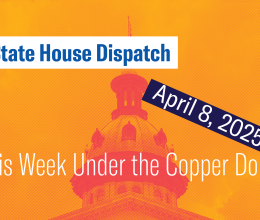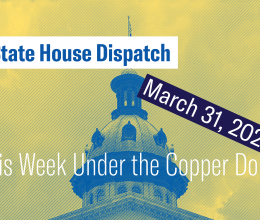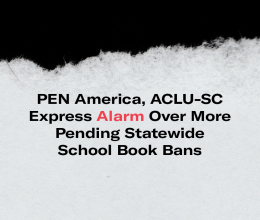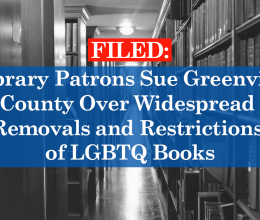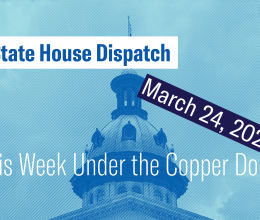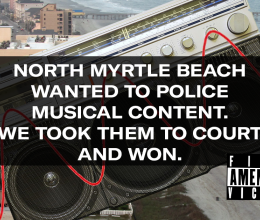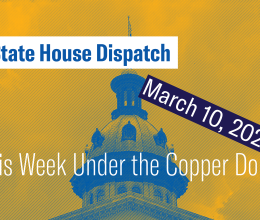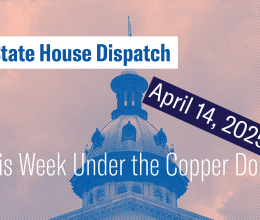
On November 5, the South Carolina Board of Education voted to remove seven books from K-12 classroom and library collections statewide. The Board took this action under Regulation 43-170, which enables the banning of books for all grade levels if they contain a description of “sexual conduct.”
One of the first seven books banned under this policy is the fantasy novel Damsel by Elana K. Arnold. Before the Board voted, Arnold wrote the following response to the challenge of her book:
My name is Elana K Arnold. I am a bestselling and award-winning author of books for and about children and teens. Among other honors, my books have won the Sydney Taylor Book award and the National Jewish Book Award; have been California Book Award finalists three times; have been named as a Michael L. Printz Honor winner; and have been a finalist for the National Book Award. These award-winning books have all been frequent names on banning lists.
I’m not the only author, obviously, whose work is being defamed. The most frequently targeted books are those that feature LGBTQ characters and characters of color — and books whose authors share those identities — as well as books that deal with the subjects of gender and sexual experiences, including books like mine that interrogate patriarchy, misogyny, and sexual violence through a feminist lens.
Often, my books are accused of being “obscene” and “pornographic.” Scary words. But also, words with clear legal meaning. Materials are considered obscene if they fail to meet the Miller Test. The Miller Test is the legal test for determining whether expression — like literature — constitutes obscenity. It is named after the US Supreme Court’s decision in Miller v. California (1973). For a work to qualify as obscene, it must fit all three prongs in the Miller Test: 1) the average person applying contemporary community standards would find the work, taken as a whole, appeals to the prurient interest; 2) the work depicts or describes, in a patently offensive way, sexual conduct specifically defined by the applicable state law; and 3) the work, taken as a whole, lacks serious literary, artistic, political or scientific value.
Let me be clear: My work and the work of my fellow authors on these lists are neither obscene nor pornographic. My books and the others that have been targeted all have significant literary value. No serious person can argue otherwise. And attempts to call these books obscene or pornographic by taking specific lines out of context, claiming they represent the works as a whole, is either ignorant, intellectually dishonest, or both.
Book bans harm the very children and teens they purport to protect. Literature gives us stories and information so that we might understand ourselves and the wider world. A reader is in a powerful place with a book: with a book in their hands, they are in charge. They can read it if they choose; equally, they have the power to set it down and walk away. When someone makes that choice for readers by banning a book that has been included in a library’s collection by an educated, trained library professional, they rob readers of their freedom. And they cheat them of an opportunity to engage safely with information and art. Armed and empowered by experiences and information they encounter in books, those same readers will have the language to understand what’s happening in the great big world outside of them, and inside of themselves, as well.
Readers deserve free access to books. They have a First Amendment right to freedom of press. Those who aim to take away their books, who are stripping their libraries and book collections, are thieves of art, culture, information, and liberty. I stand in solidarity with the librarians, teachers, parents, and educators who acknowledge that our duty is to the freedom of information, the art of literature, and the protection of young people’s access to the full library collections to which they are entitled.
The author's views do not necessarily reflect those of the ACLU of South Carolina. For a full list of books being considered for statewide banning, see the Instructional Materials Review Committee website.

